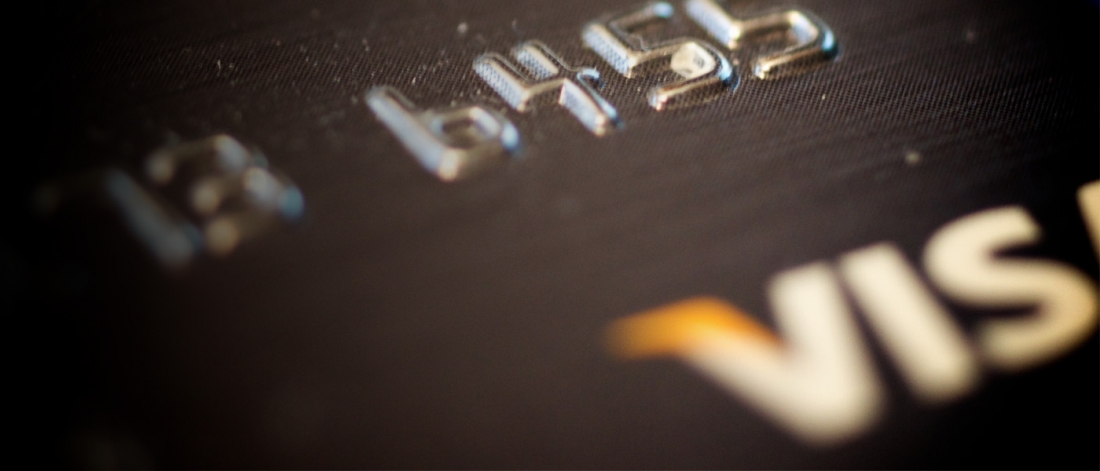MCX Partners Begin Blocking NFC Payments Including Apple Pay
Following the launch of one of the most publicized contactless payment systems to date, two major retailers have turned off their NFC payment terminals. Most CVS’s and Rite Aids have been able to accept NFC based payments for a while now. Users with Google Wallet or a NFC equipped credit/debit card have been able to checkout for sometime without any issue and Apple Pay users were initially able to utilize the service. Several days after the launch of Apple Pay though, CVS and Rite Aid have blocked all NFC payments. The reasoning seems to be the companies’ participation in Merchants Customer Exchange (MCX). MCX is a consortium of merchants who are currently developing their own payment system, called Current C. Current C utilizes a QR code to make payments and requires
Continue reading








